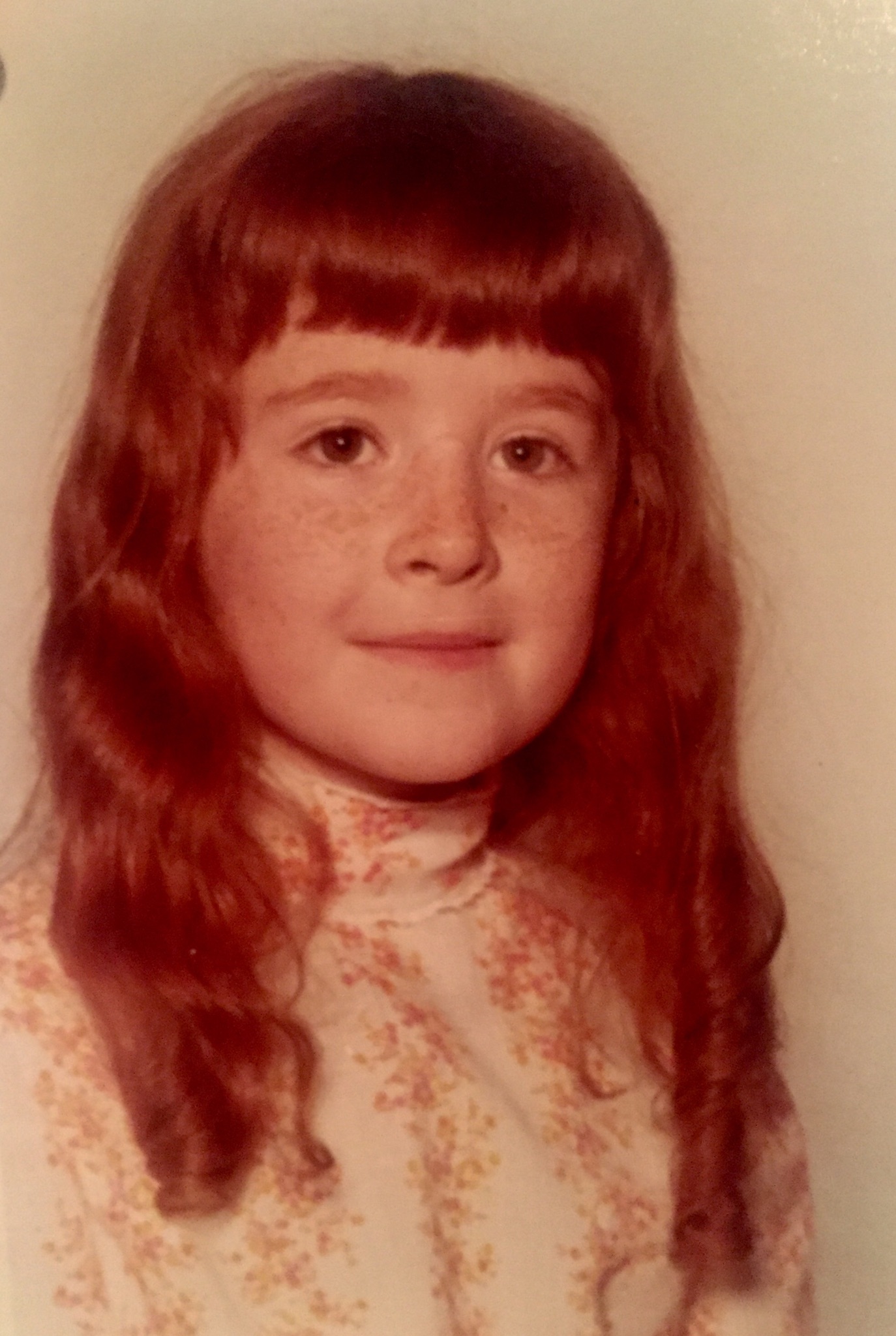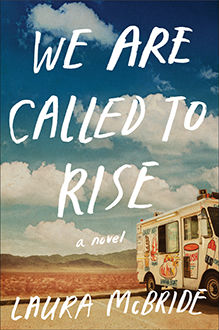I have spent extended portions of my waking life in a dreamy state. When I am working on a new novel, the characters and their situations live in me. They grab at my attention and pull me away from what I am doing. They nip at my concentration, they beg for my awareness, they leave me in a frequent state of ill focus.
I was a dreamy kid too. As a seven-year-old, I whiled away the hours wondering if aliens had kidnapped my family and shape-shifted into their forms. They looked and sounded like my parents, my three brothers, my two sisters, but who really knew ? These childhood reveries turn out to be pretty close to what being a writer is like. Deep in a third novel, everything I do resonates with tension: a frisson of knowing that something else and someone else and someplace else is calling for me to take heed.
? These childhood reveries turn out to be pretty close to what being a writer is like. Deep in a third novel, everything I do resonates with tension: a frisson of knowing that something else and someone else and someplace else is calling for me to take heed.
My life and writing begin to merge. All that I experience is fodder for the novel. Conversely, the novel influences in return. If a character experiences a crushing blow, a current of despondency runs through my day. If another character is thrilled by the events of that morning’s writing, I am dancing oddly through the grocery aisles that afternoon.
As a novelist, someone who works exclusively in long form, I think a great deal about what story I will write. With whom, with what, will I live a year or two of my life?
I sometimes describe myself as ideaphoric. By this, I mean that I generate lots of ideas, about lots of things, all the time. I’m annoying in a department meeting because I always have one more thought about the matter at hand, and everyone – even me – is ready to leave.
I am the same with stories: with plots and characters and all the ways a novel might be structured. Ideas spin and spin in my head, they flow like water, they come faster and faster. I can’t keep track of them all. I forget good ideas and get waylaid by weak ones.
A year or so ago, there was no time to be writing a novel. During that period, I kept turning a particular idea in my mind. When I was on tour for ‘Round Midnight last May, I told several audiences that I had the entire new book in my head, that all I needed was a little time with nothing else to do, and I could get the thing down on the page.
Folly.
Because the tour ended, life and work ensued, and I began to doubt that novel in my head. I began to wonder if it was a good idea. And then I thought, well, what about a new idea? And just like that, a new novel began to form in my head, and after some time spent, when I had that one a good way through its imagining, I decided it wasn’t that interesting after all. So I thought of a third, and I spent hours and hours – many in the middle of the night, others while driving, always daydreaming – plotting out this third: laughing at the main character, hugging myself with pleasure at her idiosyncrasies, her particular-ness, and the marvelous way that the novel’s end would spring from its beginning.
And then it happened again. I wondered if the novel really was worth a year of my life, if it would matter that it existed in the world, if it would mean anything to a reader who invested in it.
When I wrote We Are Called to Rise, I didn’t expect it to be published. I knew the odds were very long, and I didn’t intend to wring myself out trying. I wrote the book for me, and when I was deciding what story to tell, I considered the possibility that only my own children would read it one day, perhaps after I was gone, when they were cleaning out some closet.
And that thought influenced what I wrote. It pointed me in two directions: 1) to write about something that represented a true aspect of myself, and 2) not to leave something behind that might hurt them. Those thoughts didn’t lead to the particular story I decided to write, but they profoundly affected the tone in which I wrote it.
I am not one consistent self. There are better and worse versions of Laura. If I am going to take on a project as long as a novel, with the potential to last as long in the world as a novel might, should I work from my worst self, or my best? Should I work from the Laura who looks at the world and feels despair, or the one who looks at the world and sees hope?
These are personal questions, without a right answer. Great literature has sprung from both impulses. But personally, I’ve decided to work from my best self.
I choose not to write from angst, from my fears and insecurities, my selfish impulses, my flashes of anger. I have these traits; they are part of me. But I do not wish to magnify their energy in the world. And while I am often not thus, I am capable of a generous spirit, of compassion, of hope. And this is the energy I choose to magnify with my creative work.
I feel no obligation to be more hopeful than I am, not kinder, or more wise. I am not obliged to pretend anything I don’t feel. I am not speaking here about happy endings or noble characters. I am speaking about the heart with which I choose to view my imagined world.
So I have decided to write with the Laura who will offer a stranger a hand, and not the one who gets frustrated in a slow checkout line. I choose not to write with the Laura who fears a future of gun sprees and hurricanes, but with the Laura who hears a child laugh and feels joy.
My mother used to say that “a novel is just as good a place to learn the truth as anywhere else.” I understand what she meant by this. The truth can be hidden by facts, and revealed by feelings; it can be distorted by statistics, and unveiled by intuition. Sometimes we can only hear the truth in the form of a story, in the shape of a person’s life, by walking a few hundred pages through their days. When I write, I work as hard as I can, with all the gifts that many loving men and women have given to me, to try and create this opportunity for a reader: a chance to walk through someone else’s days, to rest in someone else’s heart, to think another human being’s thoughts.
What story will I write? The one that may heal.


Beautiful and deeply encouraging.
Beautiful and touching. Thank you!
I am smiling with tears in my eyes dear one, thank you for you
I so admire anyone who can have all these colorful characters living in their head. I am so glad you are sharing that talent with us!
just … thanks for all your writing. Including this.